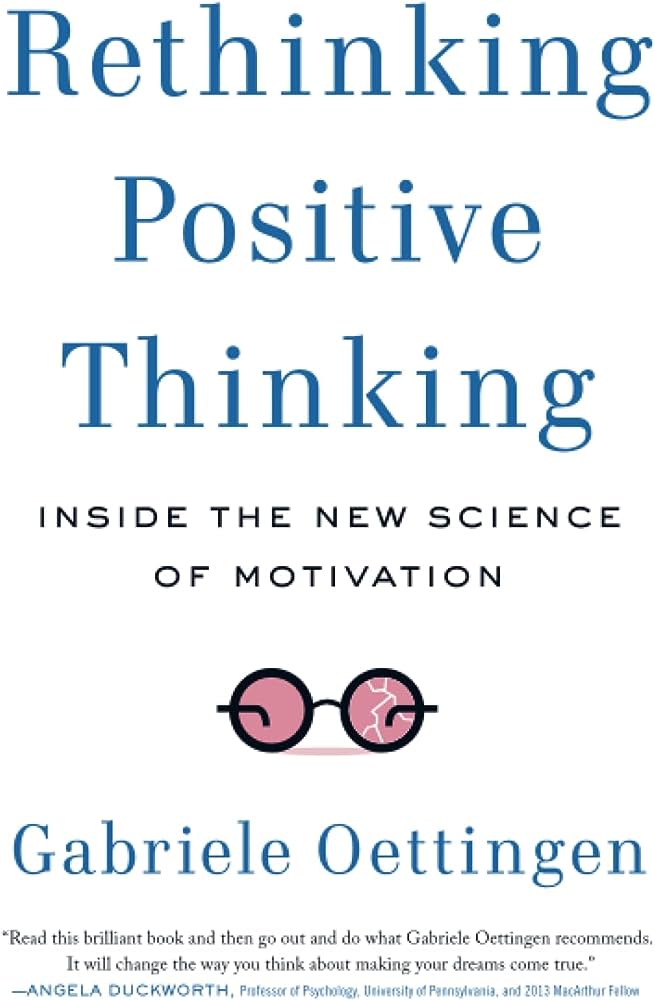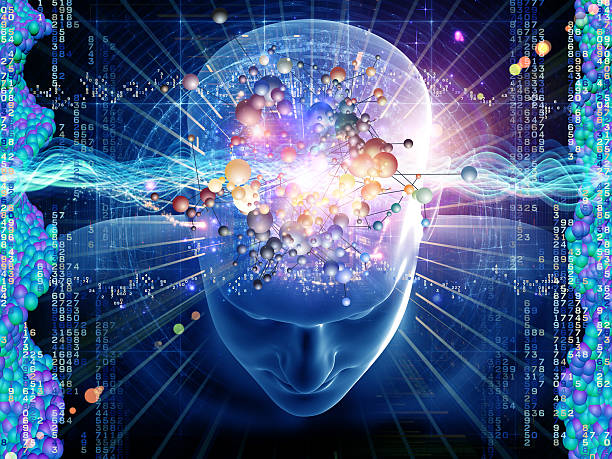Introduction
Dreams have fascinated humans for centuries, stirring curiosity about their origin, meanings, and significance. They have been the subject of contemplation and interpretation, often believed to offer glimpses into our subconscious mind. In this article, we will embark on an exploration of the science behind dream fantasies and how they reveal intricate aspects of our inner psyche.
Understanding Dreams and the Subconscious Mind
Before delving into the analysis of dream fantasies, it is essential to comprehend the fundamental concepts of dreams and the subconscious mind.
What Are Dreams?
Dreams are a series of mental images, thoughts, and sensations experienced during sleep. They occur during the rapid eye movement (REM) stage of sleep, characterized by heightened brain activity and vivid dreams. Dreams can be classified into various types, including ordinary dreams, lucid dreams, nightmares, and recurring dreams.
Theories on Why We Dream
Scientists and researchers have proposed several theories to explain the purpose of dreaming. One prominent theory is the “Memory Consolidation” hypothesis, suggesting that dreams aid in processing and consolidating memories, facilitating learning and problem-solving. Another theory, known as the “Threat Simulation” hypothesis, proposes that dreams simulate potential threatening situations, allowing individuals to rehearse coping strategies.
Unveiling the Subconscious Mind
The subconscious mind, often referred to as the unconscious mind, represents the hidden part of our psyche that influences thoughts, feelings, and behaviors outside of conscious awareness. It plays a vital role in the formation of dreams, and understanding its workings can provide valuable insights into the meaning of dream fantasies.
The Science Behind Dream Fantasies
To grasp the science behind dream fantasies, we must explore the neurological processes and brain regions involved in dream formation.
Dream Formation in the Brain
Research has shown that various brain regions and neurotransmitters interact during dream formation.
The Neurological Processes during Dreaming
During REM sleep, the brainstem sends signals to the cerebral cortex, which is responsible for higher cognitive functions. However, the prefrontal cortex, responsible for logical reasoning and self-awareness, is less active during this stage, leading to the often surreal and illogical nature of dreams.
REM Sleep and Its Significance
REM sleep is crucial for emotional regulation and memory consolidation. It is during this stage that dreams are most vivid and emotionally charged, indicating the involvement of the limbic system, responsible for emotions and memory processing.
The Role of the Limbic System
The limbic system plays a key role in shaping the emotional content of dreams and linking them to past experiences.
Emotional Processing in Dreams
Emotions experienced during dreams often reflect unresolved feelings and anxieties from waking life. This emotional processing can serve as a cathartic mechanism, allowing individuals to confront and process their emotions in a safe environment.
Memories and Dream Recollection
Dreams can incorporate elements from past experiences, including recent events and long-buried memories. The hippocampus, responsible for memory consolidation, plays a role in accessing and integrating these memories into dream narratives.
Cognitive and Psychological Factors Influencing Dream Fantasies
While the neurological basis of dreams is significant, psychological and cognitive factors also shape dream content.
Impact of Daily Experiences on Dreams
Daytime experiences, concerns, and emotions often find their way into dream fantasies. Stressful events may manifest as nightmares, while positive experiences can lead to pleasant dreams.
Dream Symbolism and Interpretations
Dreams frequently present their meanings in symbolic form. These symbols can vary from person to person and are influenced by cultural backgrounds and personal experiences.
Analyzing Common Dream Fantasies
Now, let’s delve into the meanings and interpretations of some common dream fantasies that many individuals experience.
Falling Dreams: Fear of Loss of Control
Falling dreams are a prevalent type of dream and are often associated with a fear of losing control or facing uncertainty in life. They may occur during times of stress or significant life transitions.
Potential Causes and Interpretations
Falling dreams can be triggered by real-life situations where individuals feel powerless or overwhelmed. These dreams may reflect a fear of failure or a lack of support in pursuing one’s goals.
Overcoming Anxiety through Understanding
By recognizing the underlying anxieties represented in falling dreams, individuals can address their fears and take proactive steps to regain a sense of control and stability in their lives.
Flying Dreams: A Sense of Freedom
Flying dreams are often characterized by a sensation of soaring through the sky or gliding over landscapes. These dreams are associated with a sense of freedom, liberation, and overcoming obstacles.
Symbolism of Flying Dreams
Flying dreams may indicate a desire to escape limitations or constraints in waking life. They can also signify a sense of empowerment and the ability to rise above challenges.
Unleashing Inner Potential and Ambitions
Flying dreams can serve as a reminder of untapped potential and aspirations. These dreams encourage individuals to explore new possibilities and pursue their dreams with confidence.
Naked Dreams: Vulnerability and Insecurity
Naked dreams involve being exposed and vulnerable in public settings, evoking feelings of embarrassment and insecurity.
Unraveling the Hidden Meanings
Naked dreams are often linked to feelings of vulnerability and self-consciousness. They may occur during times of low self-esteem or when individuals feel judged by others.
Boosting Self-Confidence and Self-Acceptance
Addressing the root causes of naked dreams can lead to increased self-confidence and self-acceptance. Embracing vulnerability as part of the human experience can foster a sense of authenticity and inner strength.
Dream Fantasies and Their Connection to Past Experiences
Many dream fantasies are intertwined with past experiences and unresolved emotions.
Recurring Dreams: Unresolved Issues
Recurring dreams are dreams that repeat themselves with similar themes, settings, or events.
Identifying Patterns and Themes
Recognizing recurring dream patterns can provide insights into unresolved issues or emotions that need to be addressed. These dreams may highlight areas of life that require attention and healing.
Resolving Emotional Baggage
By addressing the underlying issues represented in recurring dreams, individuals can work towards resolving emotional baggage and achieving a sense of closure.
Flashbacks in Dreams: Trauma and Healing
Flashbacks in dreams involve reliving past traumatic experiences, and they can be distressing for individuals who have experienced trauma.
Coping with Past Traumatic Experiences
Flashbacks in dreams may be part of the healing process for individuals who have experienced trauma. Seeking professional support and engaging in trauma-informed therapies can aid in processing these experiences.
Lucid Dreaming: The Gateway to Controlling Dreams
Lucid dreaming offers a unique opportunity to be aware and conscious within the dream state.
Definition and Mechanisms of Lucid Dreaming
Lucid dreaming occurs when the dreamer becomes aware that they are dreaming while the dream is still ongoing.
Conscious Awareness during Dreams
During lucid dreams, individuals can control certain aspects of their dreams, alter the narrative, or even summon objects or characters.
Techniques for Inducing Lucid Dreams
Various techniques, such as reality checks, keeping dream journals, and practicing mindfulness, can increase the likelihood of experiencing lucid dreams.
Potential Benefits and Risks of Lucid Dreaming
Lucid dreaming can offer both personal growth opportunities and potential risks.
Enhancing Creativity and Problem-Solving
Engaging in lucid dreams can foster creativity, as individuals can explore and experiment with various scenarios and ideas.
Dealing with Nightmares and Sleep Disorders
Lucid dreaming can be used as a tool to confront and overcome nightmares and sleep-related disorders by providing a sense of control and empowerment.
Unlocking the Power of Dream Interpretation
Dream interpretation can provide valuable insights into the meaning and significance of dream fantasies.
Analyzing Symbols and Archetypes in Dreams
Dream symbols often carry deeper meanings that can be uncovered through analysis and interpretation.
Common Dream Symbols and Their Meanings
Examples of common dream symbols include water, animals, and specific colors, each carrying its own unique significance.
Understanding Cultural Influences on Dream Interpretation
Interpretation of dream symbols can be influenced by cultural beliefs and traditions. Understanding these influences can provide a more comprehensive interpretation of dreams.
Keeping a Dream Journal for Personal Insights
Keeping a dream journal is a useful practice for recording and analyzing dream content.
How to Start and Maintain a Dream Journal
Recording dreams immediately upon waking can improve dream recall and aid in recognizing patterns and recurring themes.
Identifying Patterns and Progression in Dream Fantasies
Reviewing dream journal entries can help identify common themes and changes in dream content over time, providing a deeper understanding of one’s subconscious mind.
The Connection Between Dreams and Reality
Dreams can have a profound impact on our waking lives and emotional states.
How Dreams Impact Waking Life
The emotions and mood experienced upon waking from dreams can linger throughout the day.
Incorporating Dream Lessons into Daily Life
By reflecting on dream content and emotions, individuals can apply valuable insights from dreams to real-life situations and personal growth.
Using Dreams for Self-Discovery and Personal Growth
Dreams can be a powerful tool for self-discovery and gaining insights into one’s true self.
Tapping into Intuition and Subconscious Wisdom
Through dream analysis, individuals can access their inner wisdom and intuition, guiding them towards personal growth and self-awareness.
Finding Direction and Purpose through Dreams
Dreams may provide clarity and guidance in times of uncertainty, helping individuals find direction and purpose in their lives.
Exploring Dream Fantasies Across Cultures
Dream beliefs and interpretations can vary significantly across different cultures.
Cultural Variations in Dream Beliefs and Interpretations
Historical and anthropological perspectives reveal the diverse ways dreams have been interpreted and revered throughout human history.
Eastern vs. Western Views on Dreams

Eastern cultures often place a profound emphasis on dreams as a means of spiritual connection and guidance, while Western perspectives tend to approach dreams more scientifically and psychologically.
Dreams as a Source of Artistic Inspiration and Spiritual Connection
Dreams have long been a source of inspiration for artists, writers, and spiritual seekers.
Art and Literature Influenced by Dreams
Many creative works, such as paintings, poems, and novels, have been directly inspired by dream experiences.
Spiritual Practices and Dream Exploration
In various spiritual traditions, dreams are seen as a conduit to higher knowledge and spiritual enlightenment, leading to dedicated practices for dream exploration and interpretation.
The Future of Dream Research and Technology
Advancements in dream research and technology hold promise for further unraveling the mysteries of dreams.
Advancements in Dream Studies and Brain Imaging
Modern technologies, such as brain imaging techniques, offer new ways to study and understand dreams.
Current Trends in Dream Research
Researchers continue to investigate dream-related phenomena, delving deeper into the connection between dreams and the subconscious mind.
Dream-Enhancing Technologies: Possibilities and Ethical Concerns
Emerging technologies hold the potential to manipulate and enhance dream experiences, raising ethical questions.
Dream Manipulation and Its Implications
The possibility of manipulating dream content raises questions about the impact on mental health, privacy, and authenticity of dream experiences.
Respecting the Boundaries of Dream Privacy
Ethical considerations emphasize the importance of respecting individuals’ autonomy and consent when using dream-enhancing technologies.
Conclusion
Exploring the science behind dream fantasies offers profound insights into the mysterious realm of the subconscious mind. Dreams have the power to reveal hidden truths, guide personal growth, and provide creativeclick for more info inspiration. Embracing dream exploration as a tool for self-discovery can unlock a deeper understanding of ourselves and enrich our waking lives.

Welcome to my corner of the digital world. I am Evelyn Rivers, a passionate and dedicated professional psychologist with a profound fascination for the realm of dreams, their meanings, and their immense potential for emotional and spiritual healing. Through this website, I aim to illuminate the path to self-awareness, growth, and enlightenment, driven by the power of dreams and their significance in our lives. More about the author

